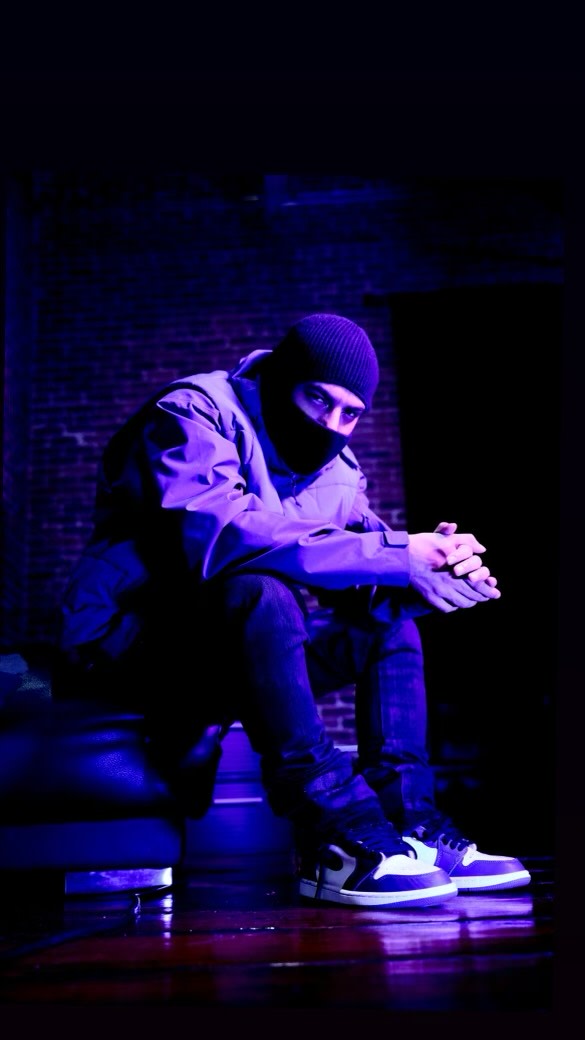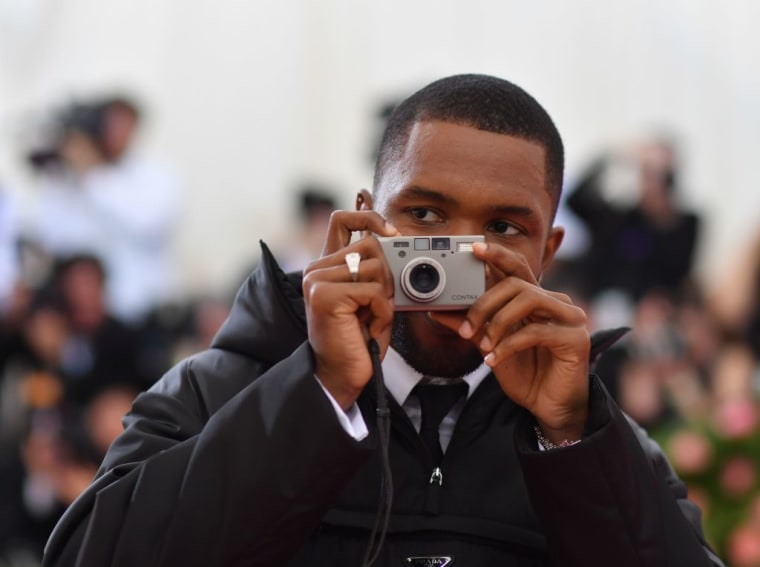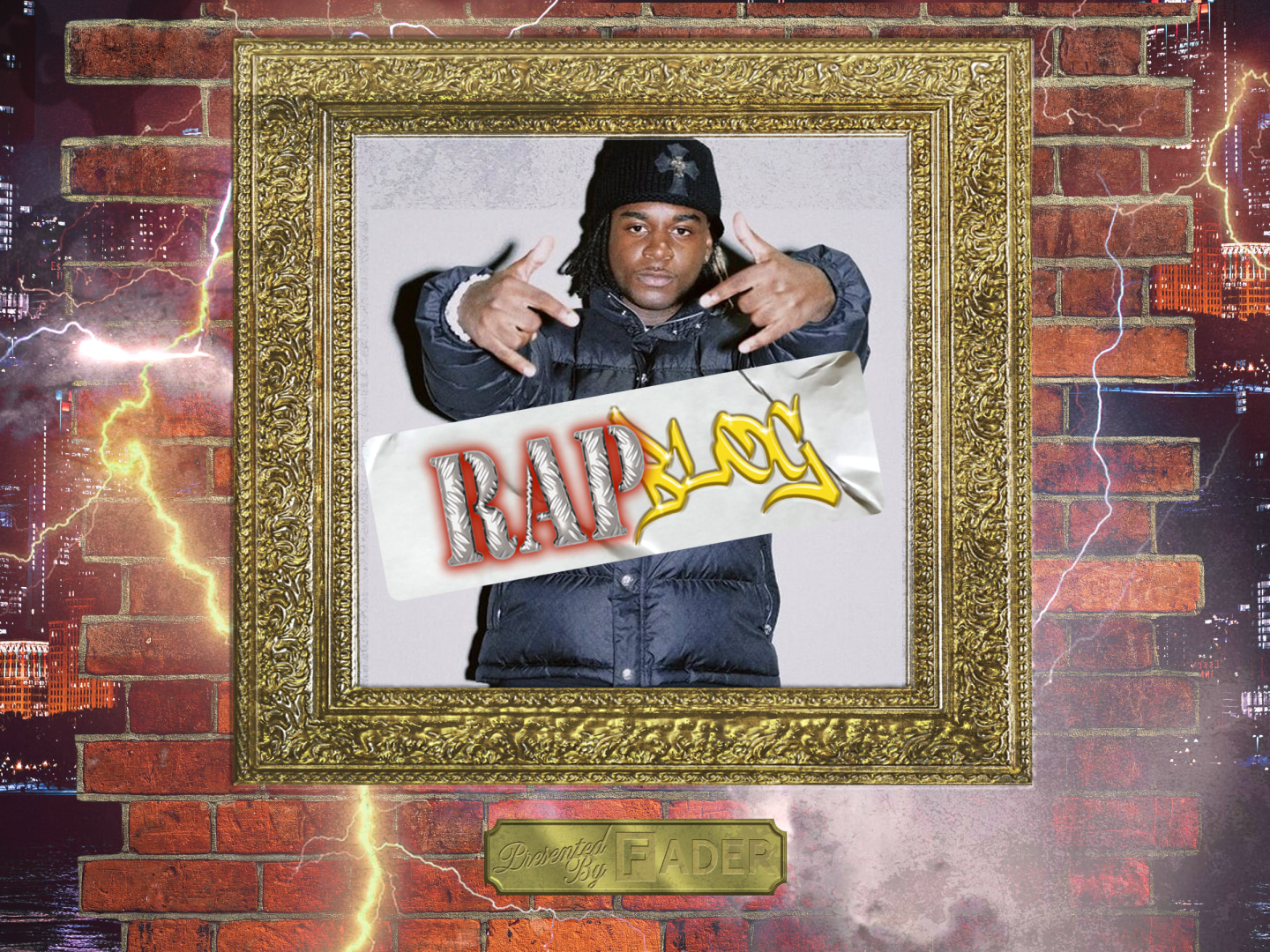AraabMuzik’s Electronic Dream arrived in 2011 not like an earth-shaking comet crash, but a gentle, near-soundless tear in the fabric of space-time. Inside this new rift created 13 years ago by the Dipset affiliate and longtime hip-hop producer, you could see a music landscape that looks a lot like 2024: where rap chases communal catharsis (be it aggressive or ethereal), where trance and rave were broadly recognized as something more than escapist fluff, and where purism was the domain of those content to stay behind as the final rocket ship left planet Earth. Now, the creator behind one of the 2010s’ most cinematic albums has finally had a chance to score a film.
Harmony Korine, director of the new experimental thriller Aggro Dr1ft, also understands that true genesis only happens when disparate things collide. For proof, one can listen to James Franco’s character Alien passionately cover Britney Spears’ “Everytime” in Spring Breakers over a montage of bikini-clad gun violence, or to Korine himself: “For me, the interesting parts of the poetry of art reveal themselves in mistakes, idiosyncrasies, and the interpretation of accidents.”
Aggro Dr1ft is one of Korine’s most ambitious poems yet, inspired by video game fugue states and rap music videos. The film follows a prodigious assassin (played by Jordi Mollà) in pursuit of a target across the Florida coast. Shot with thermal cameras and dotted with A.I.-assisted special effects (and dialogue that feels similarly computer generated), Aggro Dr1ft takes Korine’s fascination with the viscerality of Florida’s underbelly to delirious new depths; AraabMuzik’s score, out today, is key in tying the entire project together, its glossy synths and ravey flourishes bolstering the film’s often-desiccated emotional core.
He could have made another Electronic Dream — it’s the album that led to Korine approaching him, after all. Instead, AraabMuzik chooses to match Aggro Dr1ft’s curious confrontation. Earlier this week AraabMuzik gave us his thoughts about writing the Aggro Dr1ft score, his inspirations, and his determination to create his first composition on his own.
AraabMuzik: I’ve been interested in composing music for years. I looked up to plenty of composers, admiring just how the workflow is and being able to capture moments. Watching film, the music is what brings you and draws you to the scenes; it creates a whole moment. Doing this score for Aggro Dr1ft was such a huge opportunity for me. It gave me the freedom to be myself and just do what I already do.
I always look back and think about how many years I’ve been producing for, how long I’ve been in the game. It’s a big deal because a lot of people don’t last long. I’m known for the production and the MPC live and stuff like that, [but] you always gotta evolve and reinvent yourself, continue to do bigger things that you haven’t done before.
The process was me sampling myself, recreating my own stuff, like how I would typically do with other people’s music. So I would format it like a real song. Normally the composers do the music while watching the film. [But] with this one, it was the opposite: they’d give me some drawings of the scene, I’d do the music, and then they’d piece the music to the scenes. I wasn’t watching the film at all. I had the freedom to just do what I felt.
I was definitely inspired by different composers and soundtracks. Scarface was one of them. Giorgio Moroder was definitely one of the most legendary composers. The soundtrack to that movie is the most timeless classic. That theme is just like, when you hear that, you instantly know what it is, you know? With this project, I didn’t really have a main title track, but I guess they picked one, and it was the most epic one at the end of the film. The way it was just composed and executed, it had a Gladiator or Troy type of vibe to it. And I didn’t really think of that when I made it. I was just making stuff back to back, cranking [out] stuff like I was in a sweatshop.
At first, I was like, “Should I bring in other people to work on this?” I was nervous for a quick second, because it was so brand new. It’s like driving for the first time. You’re scared to go and get on the highway, you know? But once you got on that highway, you’re like, “Oh, I could do this.” That’s how it felt for me. Especially with a task like this, you have to completely dominate that yourself: This is what I do. I don’t need help. I don’t need assistance. I don’t need nothing. I can do whatever it is on my own. It’s like you have something to prove, and I definitely tried to prove something with this project.
This interview has been edited and condensed for clarity.




